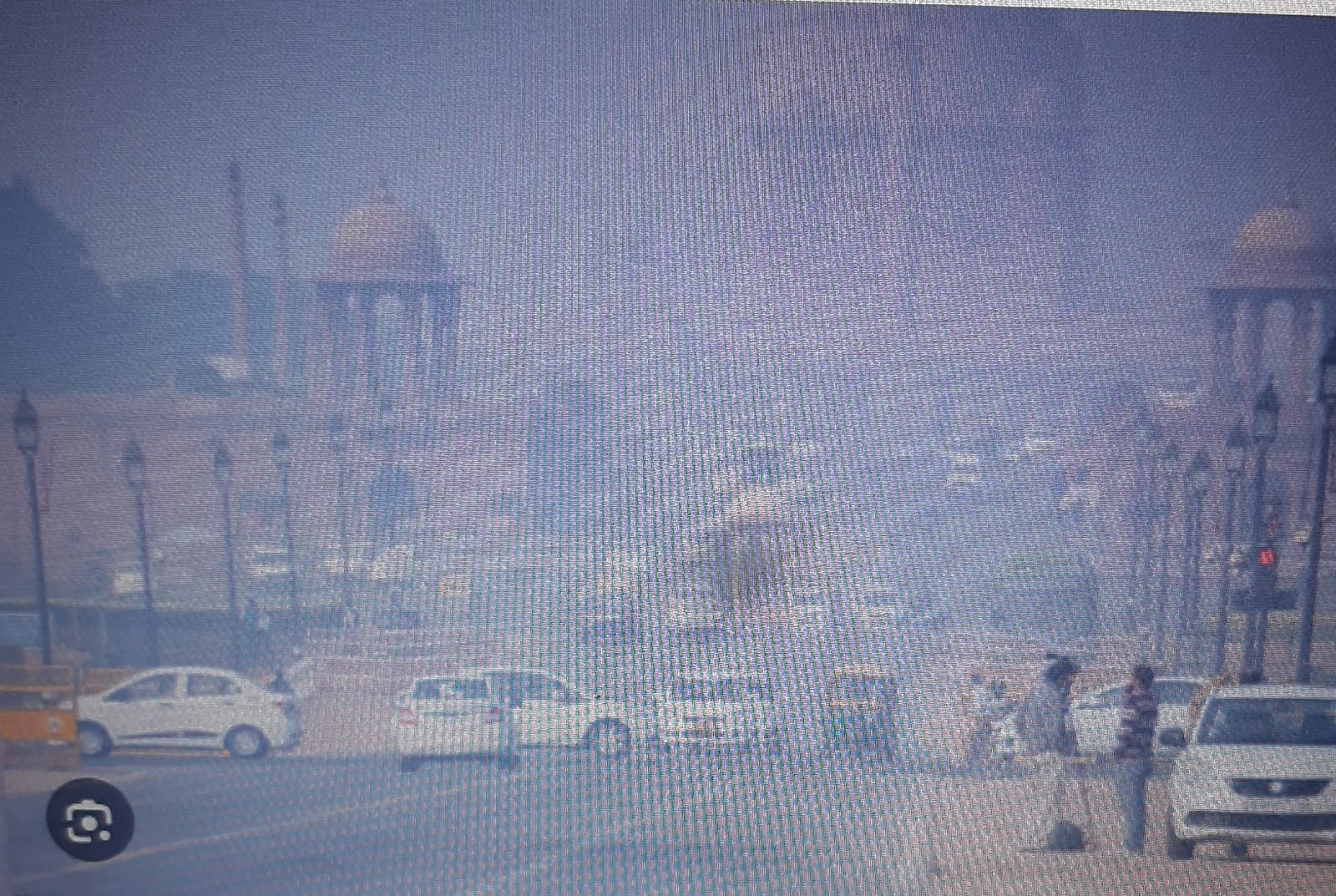The caste and communal prejudices for political gains have assumed serious dimension in the country, which is threatening the democracy and entire social fabrics. Unfortunately communal and caste-based political parties have worsened the situation over the years causing immense intolerance and bigotry among the communities.
A recent survey report of Social Attitude Research India has revealed how the problem is persisting in country, especially in rural areas where the menace of untouchability continues unabated. For overall and balanced development there should be no caste discrimination in politico-socio-economic field. But not only caste-based various political formations but also major parties have resorted to keeping the casteism alive to serve their vested interest and their slogan for social equality is just a farce.
Prevailing casteism has not only destroyed the social fabrics but also have hampered a balanced development and welfare for all. While in rural milieu the divide still appeared to be sharp, the equally worrying phenomenon is its prevalence in urban areas and institutions. Quota system has helped in uplifting and empowering the dalit community but the community still needed to be given proper level playing field for its growth and welfare.
Therefore the growth plan for downtrodden and have-nots should be with major thrust on primary education and just social distribution. Public education system should also be re-oriented to ensure Dalit children enroll and stay in schools. Education is cost-effective tool to ensure that disadvantaged children get more equal footing in later life. Rampant corruption in various government sponsored poverty alleviation programmes have failed to effectively change the ground situation, hence rooting out corruption from the system is essential to achieve the target. Moreover there should be stress on enabling the Dalit community to compete on its own steam by exposing casteist mindsets of power-hungry and corrupt political parties.









